Migrants, Refugees, and Displaced Persons: Resettling the Unsettled
Monday, September 12, 2016 – Undocumented: How Immigration Became Illegal
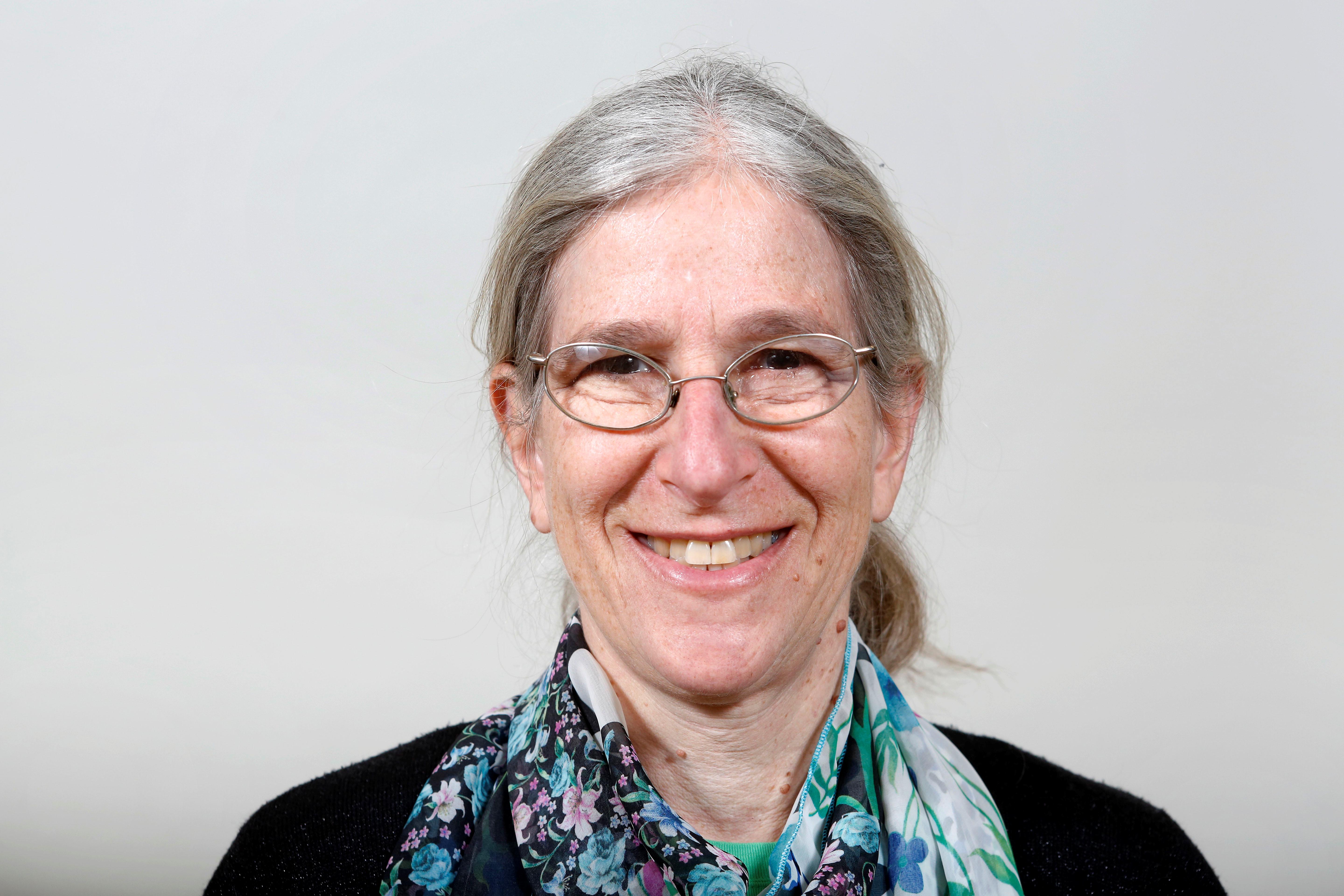
This talk will explore how “illegality” and “undocumentedness” are concepts that were created to exclude and exploit. Chomsky challenges the master narrative of US immigration history to ask when and how people, especially Mexicans and Central Americans, have been assigned this status – and to what ends. She examines what it means to be undocumented in legal, social, economic, and historical context to show the complex, contradictory, and ever-shifting nature of status in the United States.
Aviva Chomsky is professor of history and coordinator of Latin American, Latino, and Caribbean studies at Salem State University in Massachusetts. Her books include Undocumented: How Immigration Became Illegal (2014), A History of the Cuban Revolution (2nd ed. 2015), Linked Labor Histories: New England, Colombia, and the Making of a Global Working Class (2008), and They Take Our Jobs! And Twenty Other Myths about Immigration (2007). She has been active in Latin America solidarity and immigrants’ rights movements for several decades.
Monday, October 3, 2016 – Climate as a Driver of Human Migration: Assessing Resilience and Vulnerability
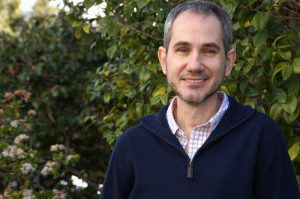
Poor governance and resource management, along with growing populations, have a combined and often disastrous effect on resource availability, especially water.
Groundwater, which is vital for consumption and for irrigation purposes in arid regions, is declining globally at an unsustainable rate due to overuse. High vulnerability and low resilience to change are essentially two sides of the same coin. Due to these management and population issues, when nations with high vulnerability have extreme weather or climate, they can be pushed beyond their thresholds of resilience. This is happening now, with disastrous consequences in Syria, leading to a refugee crisis. This lecture covers these issues and includes both modern and historical examples of the linkages connecting climate and human migration.
Colin Kelley is an associate research scientist at Columbia University’s International Research Institute for Climate and Society and a senior research fellow with the Center for Climate and Security. Colin received his PhD from Columbia and was a postdoctoral fellow at the University of California Santa Barbara, focusing on climate variability and change, the climate-water-food security nexus and resilience in vulnerable regions. He was the first author of the recent study in the Proceedings of the National Academy of Sciences, “Climate change in the Fertile Crescent and implications of the recent Syrian drought,” which provided evidence that climate change has already begun to exert a measurable influence with respect to water and food insecurity and state stability.
Monday, November 7, 2016 – Immigration Rights and Wrongs
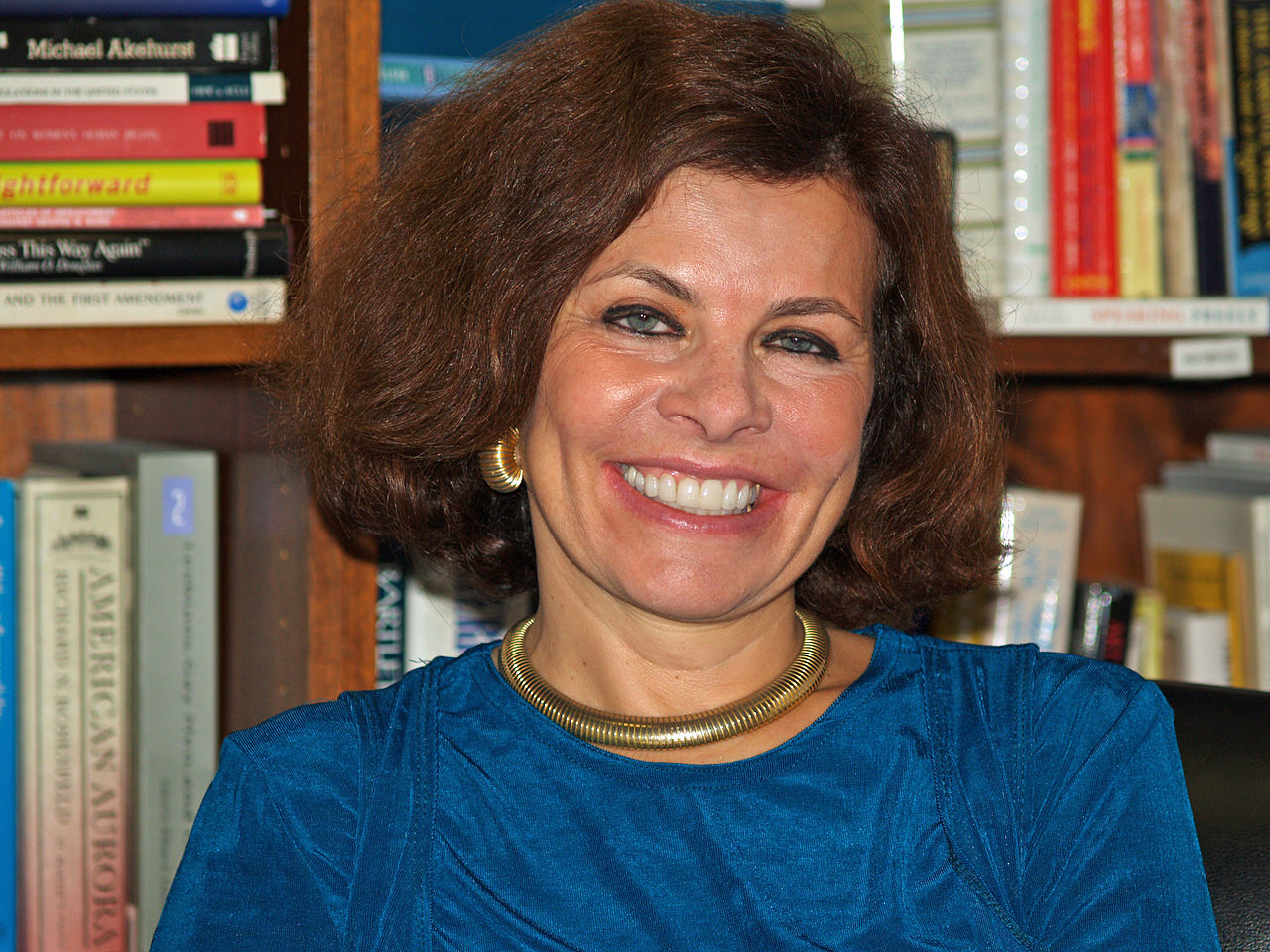
Throughout the Presidential campaign, candidates have debated what rights the US should extend to various groups of migrants. What rights, opportunities, and duties do and should migrants have under the US Constitution and laws? The US is proud of its heritage as a “nation of immigrants,” but we also have a long tradition of excluding and discriminating against various immigrant groups. Moreover, today we face strong countervailing pressures: on the one hand, a global refugee crisis; on the other hand, new dangers and fears about terrorism potentially fostered by migrants.
Nadine Strossen, professor of law at New York Law School since 1988, has written, lectured and practiced extensively in constitutional law, civil liberties and international human rights. From 1991 through 2008, she was president of the American Civil Liberties Union (ACLU). She serves on national advisory boards for the ACLU, EPIC (the Electronic Privacy Information Center) and FIRE (Foundation for Individual Rights in Education). She has served on the board of Human Rights Watch, having undertaken missions on its behalf in Asia and the Middle East. The National Law Journal has named Strossen one of America’s 100 Most Influential Lawyers.
Tuesday, March 7, 2017 – The Expert Witness in Asylum Cases
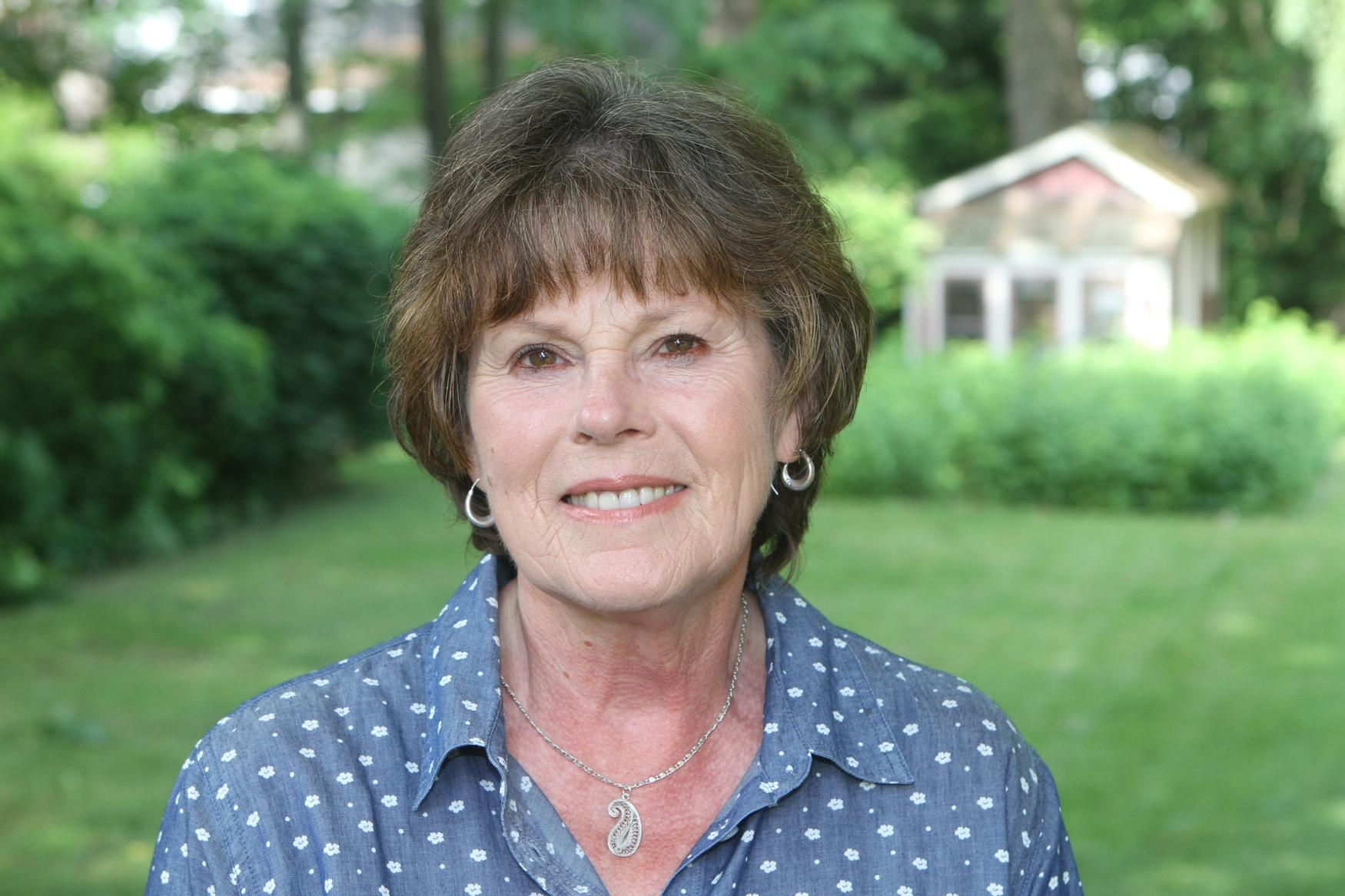
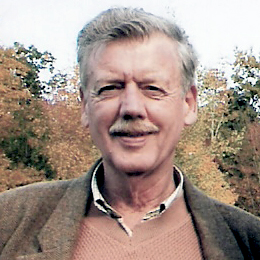
This presentation from Drs. Carolyn Fluehr-Lobban and Richard Lobban will focus on different applications for asylum made by refugees from Africa. Dr. Carolyn Fluehr-Lobban examines the desperate journeys made by women fleeing forced marriage and harmful social practices and the responses of US Immigration and Naturalization Courts to unique requests for asylum. Dr. Richard Lobban examines case studies of young men who witnessed crimes against humanity, were trafficked from Libya to Europe and the United Kingdom, and face deportation and grave risk if asylum is not granted.
Monday, April 17, 2017 – Refugees at Our Backdoor: The Flight of Central American Refugees to the United States

Recent years have witnessed increased refugee flight from Central American – reminiscent of the civil war era of the 1980s and 1990s; this new migration is characterized by large numbers of children, women and even unaccompanied children. This talk will address the causes of this migration, and will examine the nature of Central American so-called ‘gangs” as increasing political actors, vying for control of territory and power with governments. The talk will also address the efficacy, legality and morality of the response to this refugee migration, including militarization of the border, detention of children and families and cooperation with Mexico in deterring refugees from making the journey to safety in the United States.
